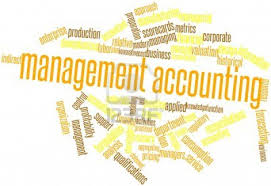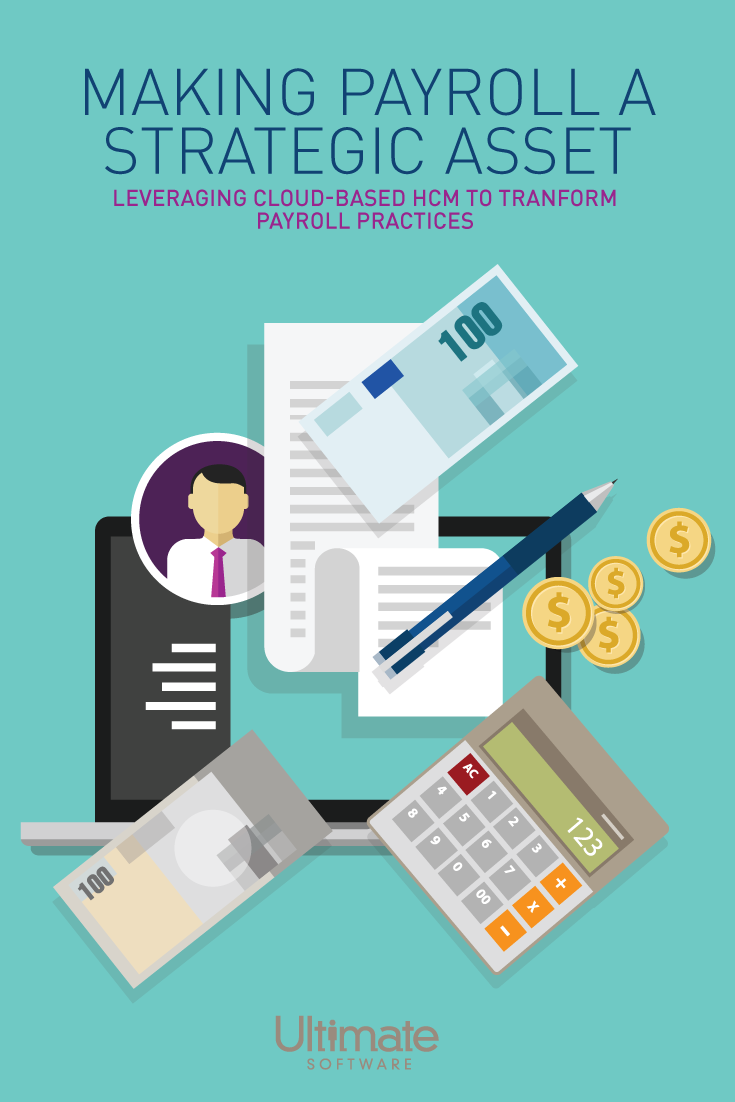

By the end of this training seminar, participants will learn how to:
This training program is designed to be suitable for anyone involved in budgeting and planning in companies, corporations, governmental, education, and health service organizations. It is equally valuable for those working in finance and accounting, costing, and treasury departments, and all other financial and non-financial professionals who have budget responsibility or are involved in the planning process, for example:
Strategic Management And Financing
Financial Planning, Forecasting, and Risk Analysis
Cost Analysis Techniques
Budgeting, Budgetary Control And Performance Improvement
Project Appraisal And Capital Budgeting
Introduction to managing cash
Capital budgeting & investment theory
Inventory management
Accounts receivable management
Managing payables and accruals
The payment system
Cash collection system
Cash concentration
Managing the bank relationships
Cash forecasting
BTS attendance certificate will be issued to all attendees completing minimum of 80% of the total course duration.
| Code | Date | Venue | Fees | Register |
|---|---|---|---|---|
| ACC171-01 | 12-01-2025 | Amman | USD 5450 | |
| ACC171-02 | 04-05-2025 | Dubai | USD 5450 | |
| ACC171-03 | 11-08-2025 | Istanbul | USD 5950 | |
| ACC171-04 | 30-11-2025 | Dubai | USD 5450 |

All business decision-making involves analyzing situations containing varying degrees of risk. This seminar uncovers the essential skills required to understand the processes of budgeting and cost con ...

The effective management of budgeting and cost control is crucial for project and process-based organizations. Nowadays, if contemporary organizations want to stay competitive, they are urged to think ...

Cost control is one of the most widely used tool for planning and monitoring organizational activities, as well as to support future strategic decision. Importantly, cost analysis is inextricably link ...

Few problems threaten the petroleum businesses more than uncontrolled costs. Economic realities have made it necessary for most companies to operate with a lean and mean philosophy. Industries previou ...

Finance can add value to strategic decisions, if it is appropriately linked in to the strategic goals and objectives of the firm at corporate and business unit levels. This course demonstrates how fin ...

Developing Strategies, Risk Analysis, Negotiating, Budgeting and Cost Control are the essential skills for those who are dedicated to maximizing their performance and value-added contribution - and th ...

This course provides insightful perspectives on complex payroll taxation topics, operational effectiveness, employee development, emerging technologies, and other issues when developing a successful s ...

In today’s competitive global market place, organizations are increasingly under threat. Coupled with the recent credit crunch and recession in some markets, organizations are having to look at other ...

Cost control is one of the most widely used tool for planning and monitoring organizational activities, as well as to support future strategic decision. Importantly, cost analysis is inextricably link ...
Providing services with a high quality that are satisfying the requirements
Appling the specifications and legalizations to ensure the quality of service.
Best utilization of resources for continually improving the business activities.
BTS keen to selects highly technical instructors based on professional field experience
Since BTS was established, it considered a training partner for world class oil & gas institution
1st floor, Incubator Buildingو Masdar City, Abu Dhabi, UAE
Sun to Fri 09:00 AM to 06:00 PM
Contact Us anytime!
Request Info